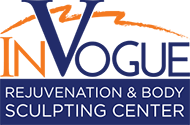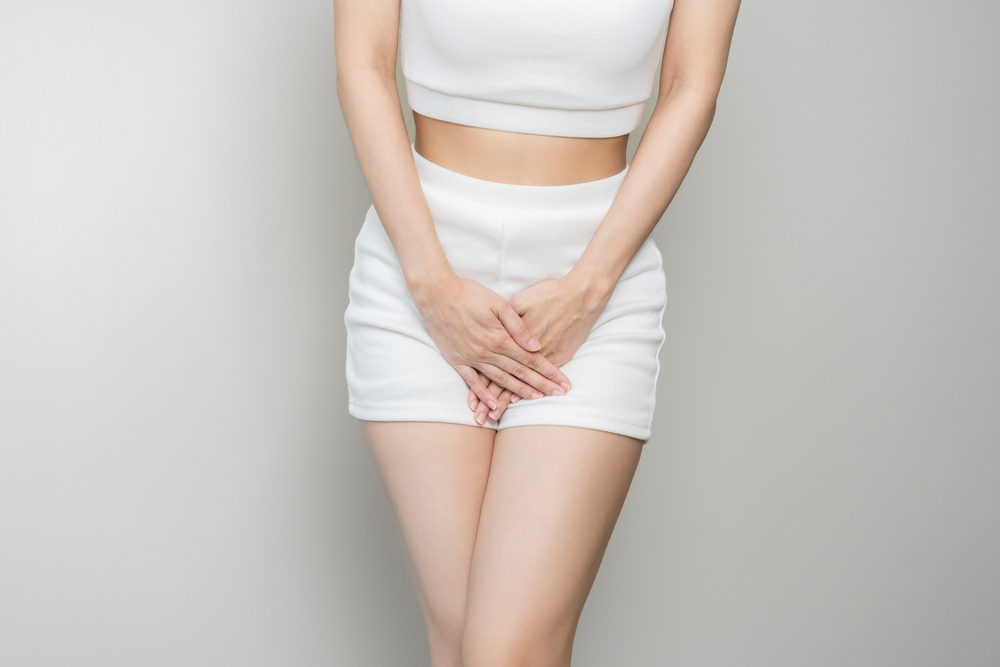Platelet-rich plasma (PRP) therapy has emerged as a significant advancement in the field of regenerative medicine. This treatment harnesses the body’s natural healing capabilities, utilizing the growth factors found in one’s own blood to promote repair and rejuvenation. The popularity of PRP treatments, such as microneedling with PRP, O-shot, and P-shot, is on the rise, thanks to their benefits in enhancing tissue healing and improving various conditions.
However, the effectiveness of these treatments extends beyond the treatment itself, with post-therapy care playing a crucial role in achieving optimal results. Among the factors influencing the healing process, caffeine consumption stands out for its potential to hinder recovery. This blog will explore the impact of caffeine on the body post-PRP therapy, shedding light on why it’s advisable to moderate its intake to ensure the success of the treatment.
Understanding PRP Therapy
PRP therapy involves extracting a small sample of the patient’s blood, which is then processed in a centrifuge to concentrate the platelets. These platelets, rich in growth factors that stimulate cellular regeneration and tissue repair, are key components of the blood. The concentrated platelet-rich plasma can be reintroduced to the body through various methods.
In treatments like the O-Shot and P-Shot for sexual wellness, PRP is injected directly into the treatment areas. With PRP microneedling, the platelet-rich plasma is applied to the skin’s surface following microneedling to enhance the overall rejuvenating effects of the treatment.
The Science Behind PRP and Caffeine Interaction
How Caffeine Affects the Body
Caffeine, a stimulant affecting both the circulatory and nervous systems, can influence the body’s physiological state significantly. By increasing heart rate and blood pressure, caffeine might alter the efficient distribution and function of the platelet-rich plasma delivered during PRP therapy. Additionally, its stimulatory effects on the nervous system can lead to heightened stress levels, potentially impacting the body’s healing capabilities through increased cortisol production.
Caffeine’s Impact on Healing
Caffeine’s ability to modify platelet aggregation poses a potential challenge to the healing enhancements expected from PRP therapy. Given that platelets are central to the body’s repair mechanisms, any interference in their function could diminish the effectiveness of the treatment. Moreover, caffeine’s complex role in modulating inflammation — a critical component of the healing process — further emphasizes the need for careful management of caffeine intake post-therapy.
Caffeine and Dehydration Risk
Caffeine’s role as a diuretic exacerbates fluid loss through increased urination, raising concerns about dehydration, especially following PRP therapy. The effectiveness of PRP therapy hinges on the body’s ability to utilize the concentrated platelets for healing, which can be adversely affected by inadequate hydration. Dehydration may impair the platelets’ functionality and concentration, essential for the regenerative process aimed at tissue repair and healing. Thus, maintaining proper hydration levels becomes paramount to ensure the success of PRP treatments.
How Long Should You Avoid Caffeine Following PRP Treatment?
The guidance on how long to avoid caffeine post-PRP varies, but a general recommendation is to refrain from consuming caffeinated beverages for at least 48 hours after treatment. This period allows the body ample time to undergo the initial stages of healing without the potentially disruptive effects of caffeine. Extending caffeine moderation to a week may further enhance recovery and treatment outcomes.
Tips for Avoiding Caffeine Post-PRP Treatment
To prepare for PRP therapy, transitioning from caffeinated to caffeine-free beverages like herbal teas or decaf coffee can smooth the process, avoiding the abrupt withdrawal from caffeine. Awareness is key, as caffeine lurks in not just coffee and tea but also in chocolate, certain sodas, and over-the-counter medications; vigilant label reading can prevent unintended caffeine consumption.
To combat potential caffeine withdrawal fatigue, incorporating natural energy sources — such as light exercise or brief walks — into your routine can offer a beneficial boost. Furthermore, maintaining high hydration levels by drinking more water is essential for flushing caffeine from your system and supporting the body’s healing post-PRP therapy. Making these adjustments not only helps in reducing caffeine intake but also contributes to a more effective recovery by optimizing the body’s natural healing processes.
Additional Post-PRP Care Considerations
- Avoid Alcohol: Similar to caffeine, alcohol can have a dehydrating effect on the body and can also increase inflammation, which can counteract the anti-inflammatory benefits of PRP therapy. It’s recommended to avoid alcohol for at least 48 hours post-treatment, with a longer abstinence period being even more beneficial for recovery.
- Stop Smoking: Smoking significantly hampers the body’s ability to heal and can also decrease the effectiveness of platelet function. Patients are strongly advised to refrain from smoking before and after PRP therapy to ensure the best possible outcomes.
- Be Mindful of Medication and Supplements: Certain medications, particularly anti-inflammatory drugs (NSAIDs) like ibuprofen and aspirin, can interfere with the body’s healing mechanisms activated by PRP therapy. It’s essential to discuss all medications and supplements with your healthcare provider to identify any potential conflicts and adjust your regimen accordingly before undergoing PRP therapy.
- Focus on Rest and Recovery: Adequate rest is paramount after PRP treatment, as it allows the body to focus its energy on healing. Patients should ensure they get enough sleep and avoid overexerting themselves, especially in the first few days following the treatment.
- Limit Sun Exposure: Limiting sun exposure can prevent irritation and damage to the treated areas, especially for PRP treatments involving the skin, such as facial rejuvenation. When outside, wearing protective clothing and applying a high-SPF sunscreen can help protect the skin and support the healing process.
- Maintain a Healthy Diet: A balanced diet rich in vitamins and minerals supports the body’s repair mechanisms. Foods high in antioxidants, protein, and omega-3 fatty acids can contribute to a more efficient healing process post-PRP therapy.
- Get Follow-up Care: Adhering to scheduled follow-up appointments allows your healthcare provider to monitor your progress and adjust care recommendations as needed to optimize the healing process.
Maximize PRP Therapy With Proper Post-Treatment Care
The journey to recovery and rejuvenation following PRP therapy is pivotal in experiencing the full potential of this regenerative treatment, and avoiding caffeine plays a critical role in this process. However, understanding the importance of moderating caffeine intake is just one piece of the puzzle in achieving the desired outcomes from PRP therapy.
At InVogue Rejuvenation in El Paso, TX, we emphasize comprehensive post-treatment care to help our patients get the best results from their treatments. By embracing these guidelines, patients can significantly enhance their recovery process, leading to more effective and lasting results. To learn more about PRP therapy and how to optimize your treatment outcomes, reach out to us by calling (915) 633-0585 or filling out our convenient online contact form.



